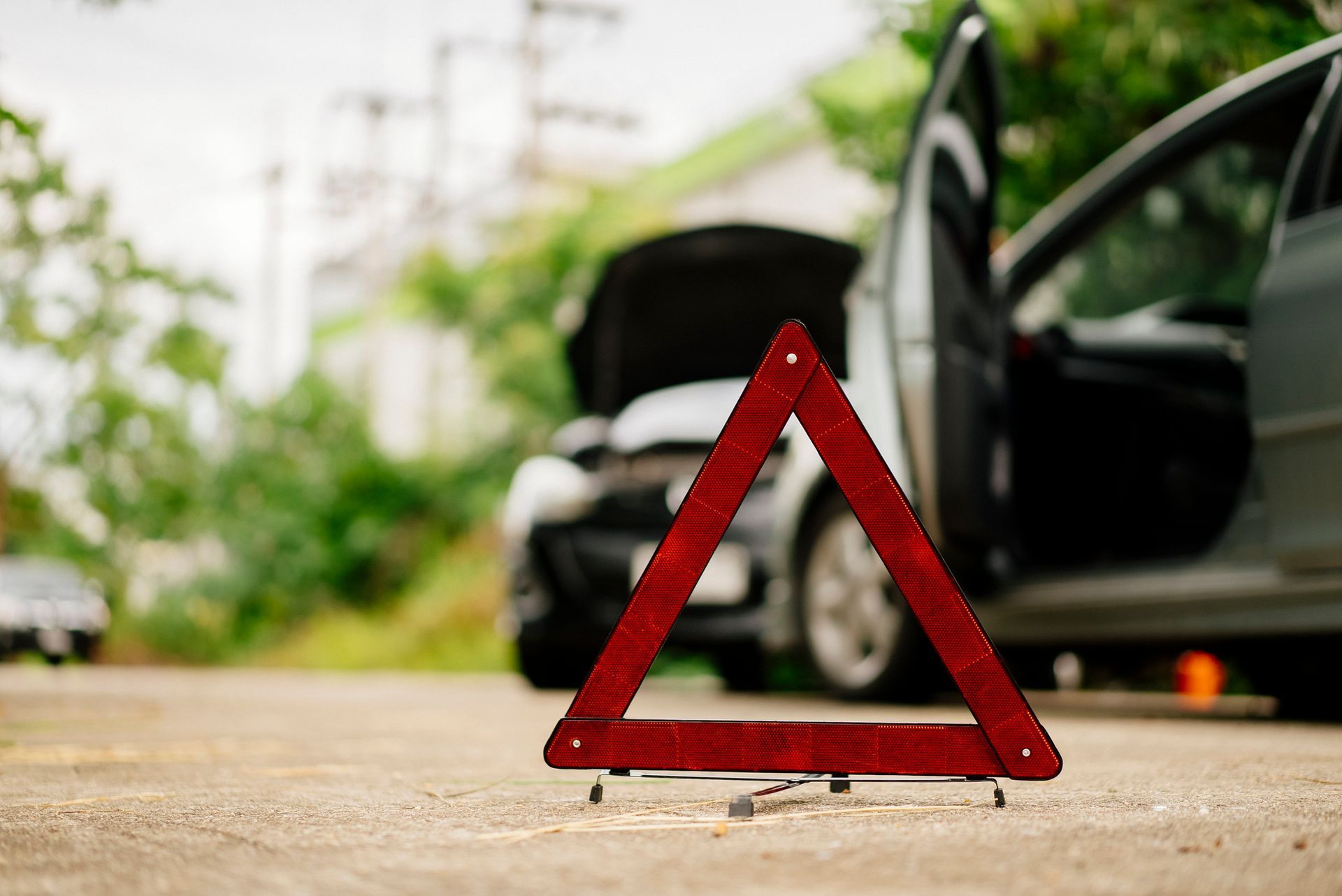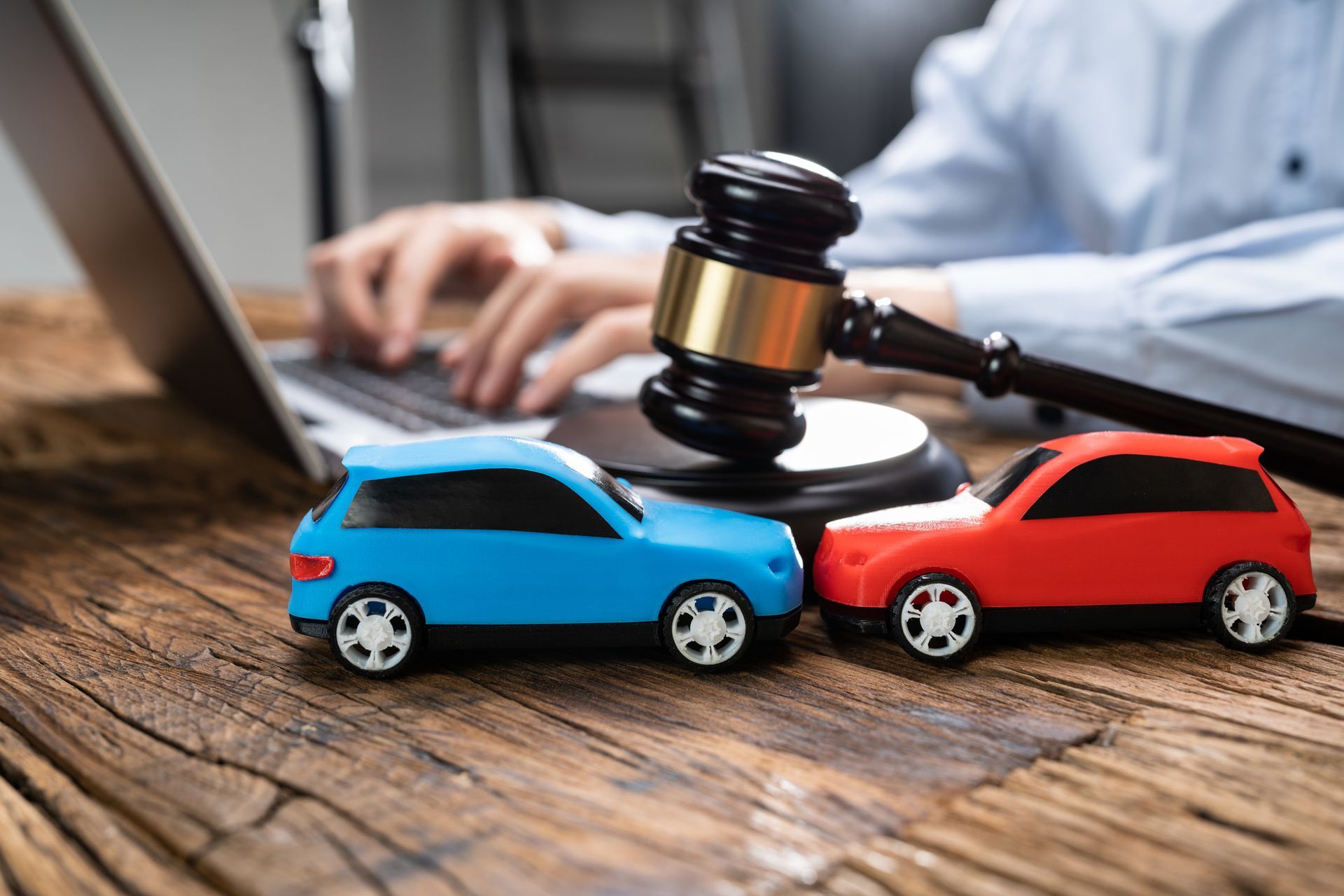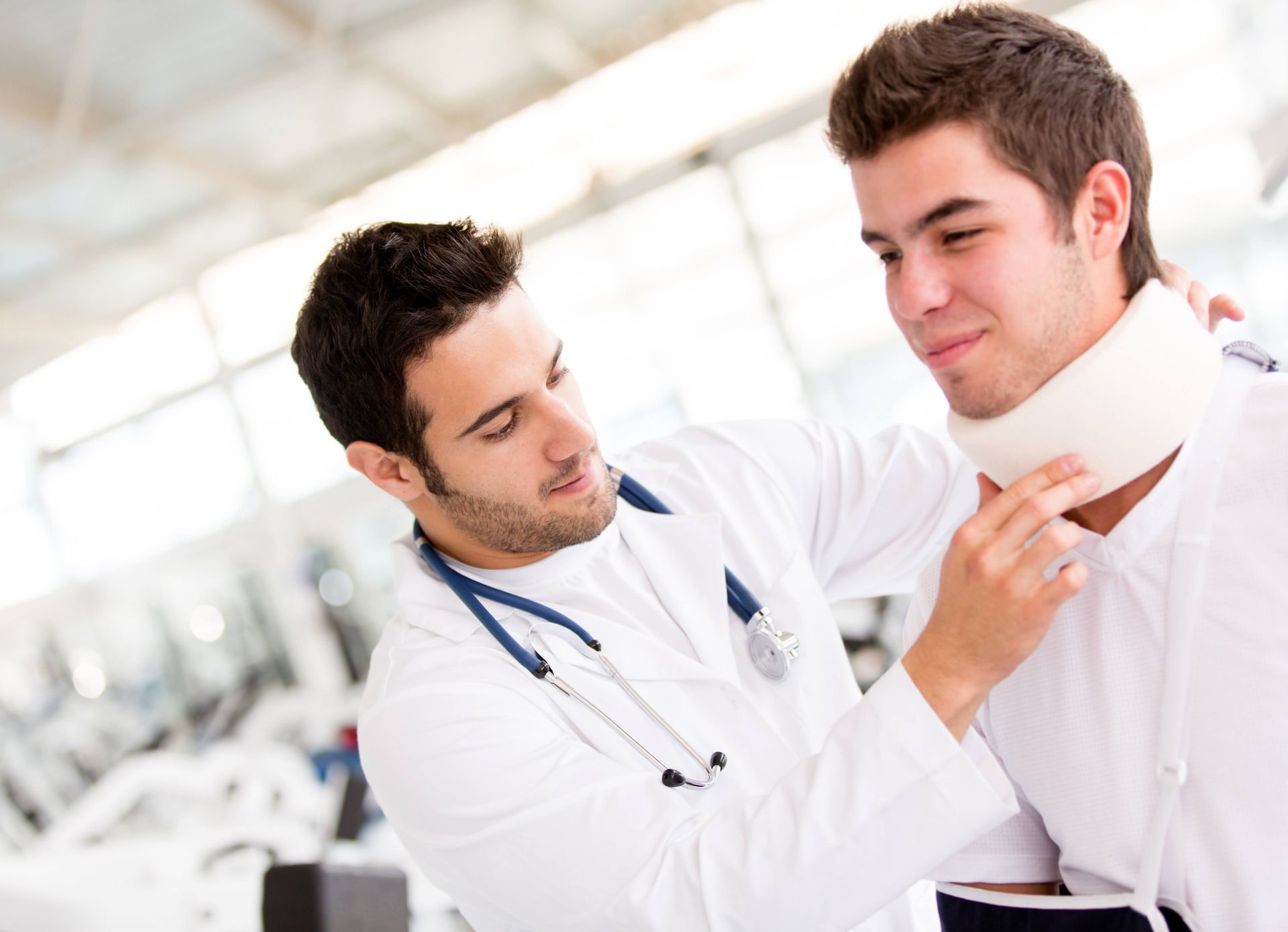Public Transportation Injuries: Know Your Rights and Recourse
Public transportation is the lifeblood of many cities, offering a convenient and sometimes essential mode of travel for millions of people worldwide each day. Buses, subways, and trains help us get to work, school, and leisure destinations. While the majority of journeys are incident-free, public transportation accidents can and do occur. In such instances, it's crucial to understand your rights and the steps to take. Here's what you should know about public transportation injuries.
Types of Public Transportation Accidents
Public transportation accidents can take many forms, each with its own set of complexities. Common types of accidents include:
- Collisions: When a bus or train crashes into another vehicle or an object.
- Derailments: Occur when a train jumps off its tracks, causing a far-reaching impact.
- Slip and Falls: Due to wet or uneven surfaces, poor lighting, or sudden stops.
- Sudden Stops and Starts: Lead to injuries as passengers are thrown off balance.
- Assaults: Unfortunately, attacks on public transport are not uncommon and can lead to severe physical and emotional trauma.
Understanding the type of accident you've been involved in is a critical starting point for identifying your legal standing.
Liability and Your Rights
Liability for public transportation accidents can be complex, especially when the entity responsible is a government agency or large corporation. Passengers have a right to a reasonably safe trip, and when these expectations aren't met, there may be grounds for a legal claim. But who is at fault? It could be the driver, the transportation company, a third party, or even inadequate infrastructure.
Navigating the legal landscape can be daunting, especially for individuals who are unfamiliar with their rights. It's advisable to seek legal counsel to determine the strength of your case and the appropriate course of action.
Seeking Medical Attention
After being involved in a public transportation accident, the first and most urgent step is to seek medical attention. Even if you believe your injuries are minor, it's important to have a healthcare professional evaluate your condition. Injuries sustained from accidents may not be immediately apparent but can manifest later.
Your medical records are crucial pieces of evidence in any potential legal action. These records not only document the extent of your injuries but can also serve to connect those injuries specifically to the accident in question.
Reporting the Incident
Reporting the incident to the transportation company or proper authorities is an essential step in both ensuring your safety and protecting your rights. In many cases, public transportation companies have protocols in place for handling accidents and injuries. Make sure to obtain a copy of the incident report for your records.
This step is crucial for several reasons:
- It alerts the company to potential issues with their service or safety protocols.
- It creates an official record of the accident.
- It starts the process of gathering evidence.
Understanding the Claims Process
Most public transportation entities are equipped to handle personal injury claims. Some have specific procedures you must follow, including time limitations for filing a claim. Working with an experienced injury attorney who understands the nuances of public transportation law can significantly improve your chances of a favorable outcome.
The claims process may involve negotiation for a settlement or, if necessary, pursuing your claim in court. Your lawyer can advocate on your behalf to ensure you're fairly compensated for medical bills, lost wages, and pain and suffering.
Navigating the aftermath of a public transportation injury can be bewildering, but knowing your rights and the key steps to take can help you protect your well-being and seek appropriate recourse. If you've been injured in such an accident, don't hesitate to reach out to our office. We can be a vital ally in your pursuit of justice.










